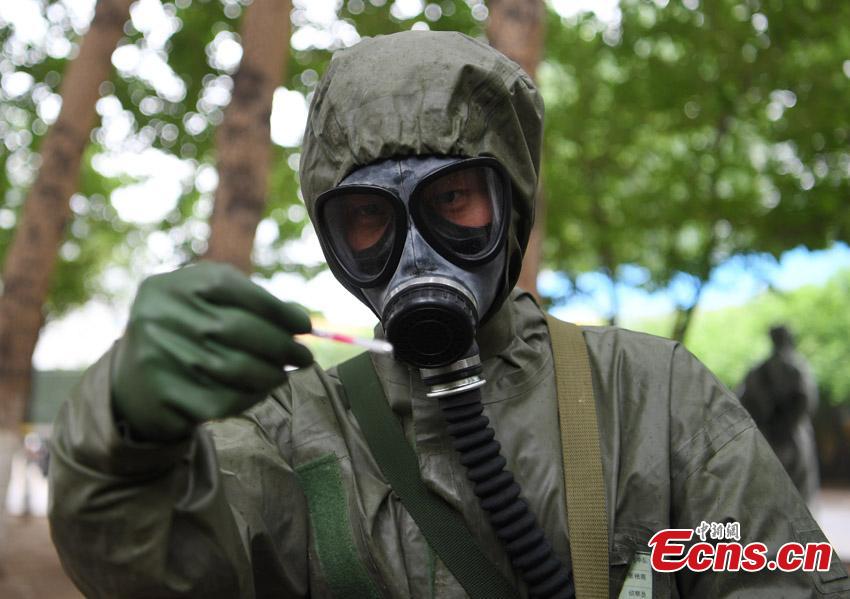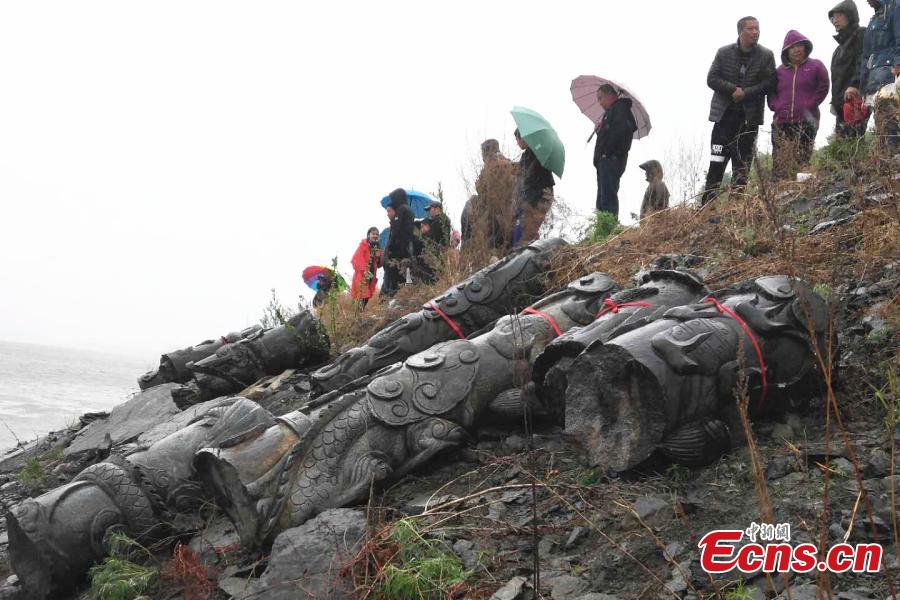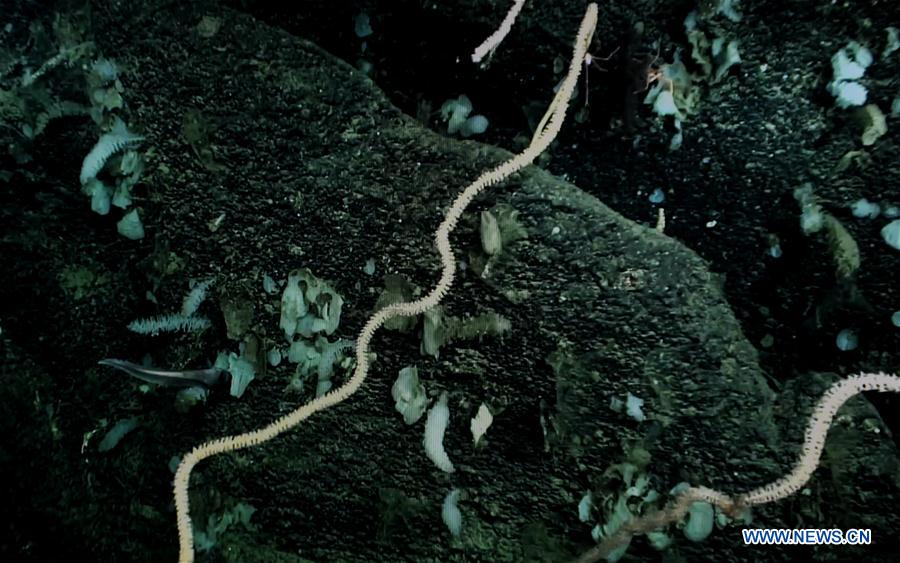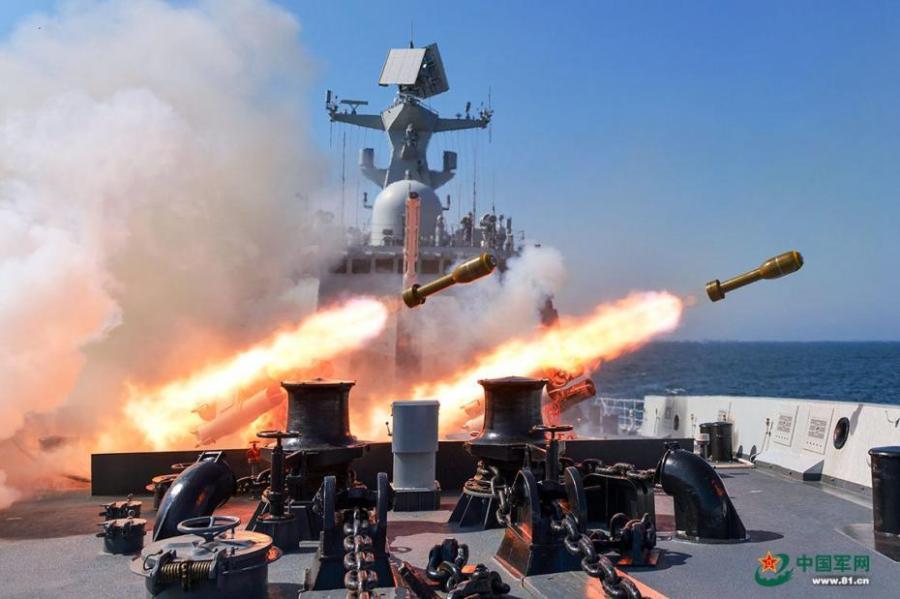The U.S. Senate confirmed Gina Haspel on Thursday to be the country's first female director of the CIA, despite her ties to the agency's past controversial interrogation program.
The confirmation comes a day after the Senate Intelligence Committee voted 10-5 in favor of Haspel to lead the agency.
Haspel was confirmed in a 54-45 vote on Thursday. While three Republican senators opposed her nomination, Haspel secured enough votes with the backing of six Democrats.
The nomination came under fire for Haspel's past ties to the CIA's former rendition, detention and interrogation activities, carried out in the years following the Sept. 11 attacks, with the use of so-called enhanced interrogation techniques like waterboarding, now widely considered torture.
In 2002, Haspel supervised a secret prison in Thailand where harsh interrogations were conducted and she destroyed CIA interrogation tapes years later. Her specific role in the program remains classified.
Opponents of her nomination included more than 100 retired admirals and generals, who said her role in the agency's use of torture would encourage foreign governments to torture American soldiers.
Senator Mark Warner, the top Democrat on the Intelligence Committee, supported Haspel's nomination.
"I believe she is someone who can and will stand up to the president, who will speak truth to power if this president orders her to do something illegal or immoral, like a return to torture," Warner said in a Senate speech before the vote.
In a letter dated May 14 to Warner, Haspel wrote that the interrogation program "is not one the CIA should have undertaken."
"While I won't condemn those that made these hard calls, and I have noted the valuable intelligence collected, the program ultimately did damage to our officers and our standing in the world," she added.
The letter represented a stronger stance on the controversial program than Haspel took during her confirmation hearing last week.
Haspel, an undercover officer for most of her 33-year career with the CIA, promised then that the program would not be restarted under her leadership, but did not go as far as saying it should not have been started.
The 61-year-old Kentucky native became acting CIA director following her predecessor Mike Pompeo's resignation to become U.S. secretary of state and was nominated by Trump to become the permanent director in March.


















































